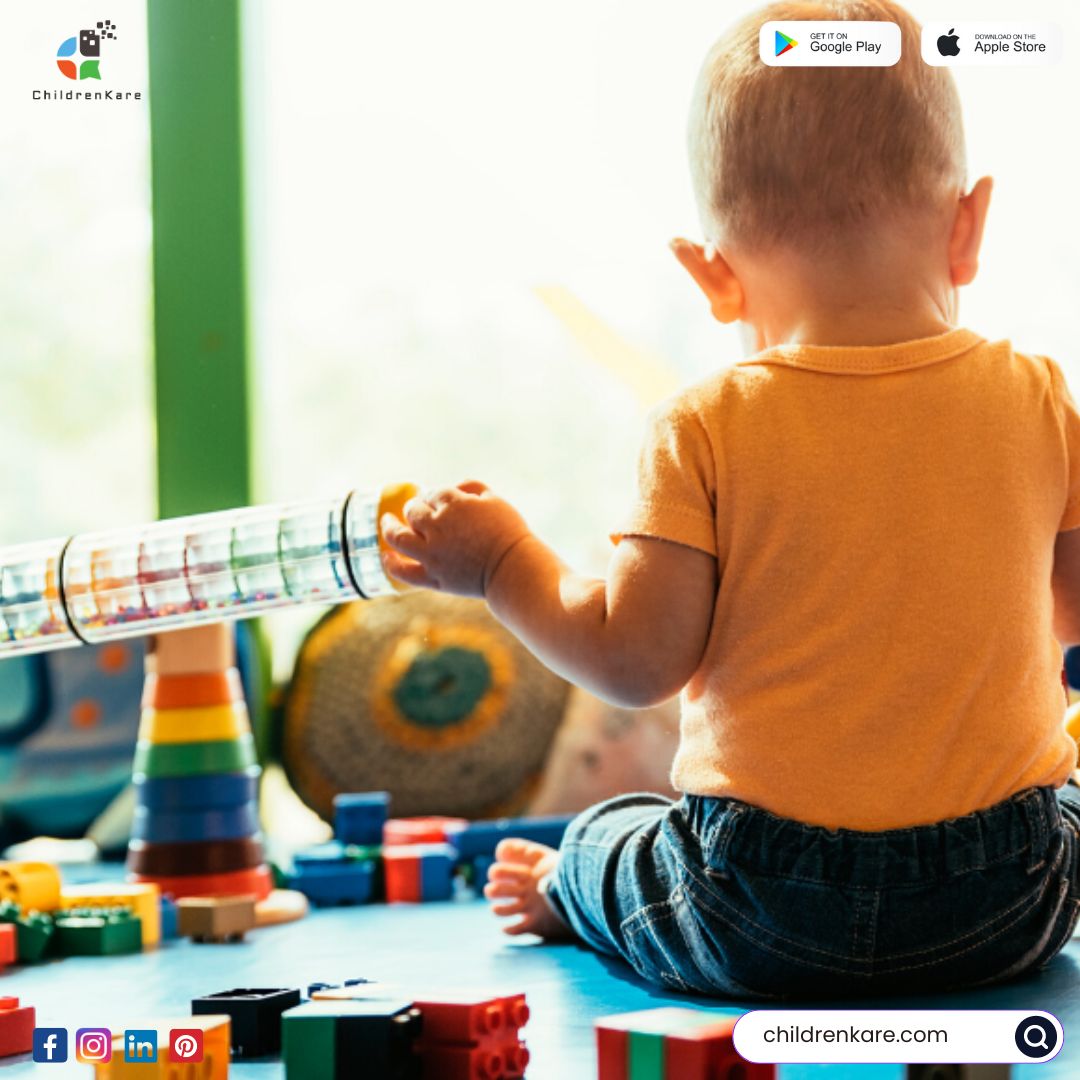In the context of Daycares in denver, where children spend a significant portion of their day away from home, establishing and maintaining routines becomes even more crucial. This article explores the profound impact of routine in daycare settings and how it contributes to the holistic development of children.
Benefits of Routine in Daycare
One of the primary benefits of routine in best daycares in denver is the stability and predictability it offers to children. Knowing what to expect each day, from meal times to nap schedules, creates a sense of security and comfort. This stability is essential for young children, especially those who may experience separation anxiety when away from their parents.
In addition to stability, routine in daycare fosters emotional security. Children thrive in environments where they feel safe and cared for, and having a consistent routine contributes to this sense of emotional well-being. When children know what to expect, they are better equipped to manage their emotions and develop resilience.
Moreover, daycare routines help children develop self-discipline. By following a structured schedule, children learn the importance of adhering to rules and routines. This lays the foundation for future academic and social success, as self-discipline is a critical skill in various aspects of life.

Structure and Schedule
Daycare centers typically follow a structured daily schedule that includes various activities such as circle time, art and craft sessions, outdoor play, and rest periods. This structured routine provides children with a sense of order and helps them understand the passage of time.
Consistency is key in daycare routines, with caregivers ensuring that daily activities occur at the same time each day. This consistency helps children feel secure and allows them to anticipate what comes next, reducing anxiety and uncertainty.
Social Interaction
In addition to providing stability, daycare routines facilitate social interaction among children. Through activities such as group play and cooperative games, children learn valuable social skills such as sharing, taking turns, and resolving conflicts.
Peer relationships formed in daycare settings contribute to the overall development of children, teaching them important lessons about empathy, communication, and teamwork. These social interactions are invaluable for children’s emotional and cognitive growth.
Cognitive Development
Daycares in Denver, CO also play a crucial role in cognitive development. Structured activities designed to stimulate children’s minds promote learning and intellectual curiosity. Whether it’s engaging in storytelling sessions, exploring sensory materials, or participating in educational games, daycare routines provide ample opportunities for children to learn and explore the world around them.
The stimulating environment of daycare centers encourages curiosity and creativity, laying the foundation for a lifelong love of learning. By exposing children to a wide range of experiences and activities, daycare routines contribute to their cognitive development and academic readiness.
Physical Health
Furthermore, daycare routines promote physical health and well-being. Scheduled meal times ensure that children receive nutritious meals and snacks throughout the day, supporting their growth and development. Outdoor playtime is also a vital component of daycare routines, allowing children to engage in physical activity and explore their surroundings.
Regular physical activity not only contributes to children’s physical health but also enhances their mood and overall well-being. By incorporating outdoor play into daily routines, daycare centers promote a healthy and active lifestyle from a young age.
Emotional Well-being
Emotional well-being is another area where daycare routines have a significant impact. Feeling a sense of belonging and acceptance within their peer group, children develop a strong sense of self-esteem and confidence. The nurturing environment of daycare centers provides children with the emotional support they need to thrive.
Moreover, daycare routines offer children comfort and reassurance during times of stress or change. Knowing that they can rely on familiar routines and caregivers helps children feel secure, even in unfamiliar situations. This sense of stability is essential for children’s emotional resilience and ability to cope with life’s challenges.
Parental Support and Involvement
While daycare routines are essential for children’s development, parental support and involvement are equally important. Effective communication between parents and caregivers ensures that children’s needs and preferences are met, both at home and in daycare. Parents can reinforce daycare routines by following similar schedules and routines at home, creating a seamless transition between the two environments.
Challenges and Solutions
Despite the numerous benefits of daycare routines, challenges may arise, particularly during transition periods. Some children may initially struggle to adjust to the new environment and routines of daycare. In such cases, individualized approaches tailored to each child’s needs can help ease the transition and promote a sense of security.
Conclusion
The power of routine in daycare cannot be overstated. From fostering stability and predictability to promoting social, emotional, and cognitive development, daycare routines play a vital role in shaping the lives of young children. By prioritizing stability and consistency in daycare settings, caregivers create an environment where children can thrive and reach their full potential. Services like ChildrenKare offer invaluable assistance to parentsto find top daycares in USA seeking the best daycare options for their children. ChildrenKare helps parents find reputable daycare facilities that prioritize routine and provide a nurturing environment conducive to the overall development and well-being of young learners.


Leave a Reply